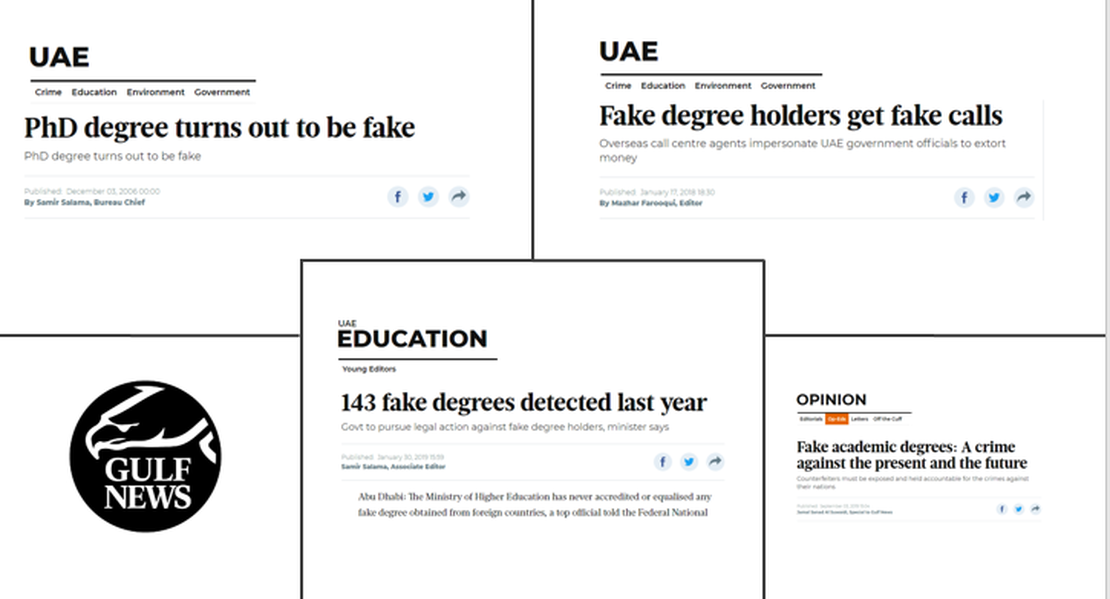Preventing Counterfeit Degrees: How Secure QR Codes Protect Academic Credentials
- Rajesh Soundararajan
- Apr 11, 2023
- 3 min read

Solution for a Global Education Crisis
Introduction:
The global rise in counterfeit academic degrees and certifications has become a growing concern for educational institutions, employers, and individuals alike. With technology making it easier to create and distribute fake documents, finding innovative ways to protect the integrity of genuine academic credentials has become crucial. In this blog post, we explore how Qryptal’s Secure QR Code technology provides a powerful solution to prevent counterfeit degrees and ensure the authenticity of academic records.
The Problem with Fake Degrees:
Counterfeit academic degrees and certificates undermine the education system’s credibility and create unfair competition in the job market. In addition, fake degrees can lead to unqualified individuals occupying positions they are not suited for, which can have dangerous consequences, especially in fields like healthcare and engineering.
How Secure QR Codes Help:
Qryptal’s Secure QR Code technology offers a simple yet highly effective way to safeguard academic credentials. By embedding a tamper-proof QR code on electronic and printed certificates, degrees, and transcripts, educational institutions can ensure the authenticity and credibility of their graduates’ qualifications.
Key Features of Qryptal’s Secure QR Codes for Academic Credentials:
1. Enhanced Security: Qryptal’s Secure QR Codes are based on PKI, with a key size equivalent of 3072 bits, ensuring a high level of security, surpassing typical internet banking standards.
2. Offline Verification: Since the Secure QR Code is self-contained, there is no need for network connectivity to validate the information, allowing for verification anytime and anywhere, including secure air-gapped environments.
3. Seamless Integration: Qryptal’s Secure QR Code solution easily plugs into existing document production systems, making it convenient for educational institutions to adopt without disrupting their current processes.
4. Privacy Protection: Qryptal’s technology safeguards the privacy and confidentiality of students and institutions simply and logically.
5. Dual Compatibility: Secure QR Codes work for electronic and printed documents, ensuring the same security and verification capabilities for both formats.
Real-World Impact:

You can download the Ashoka Case Study here.
Conclusion:
As the threat of counterfeit academic degrees continues to grow, educational institutions need to adopt robust solutions like Qryptal’s Secure QR Code technology. By ensuring the authenticity and security of academic credentials, institutions can safeguard their reputation and maintain trust in the education system while providing employers and individuals with the confidence that their qualifications are genuine and verifiable.
You may also like
- QR Code Secured University Certificates and Transcripts…
- Why are fake degrees a big concern in the Gulf region?…


